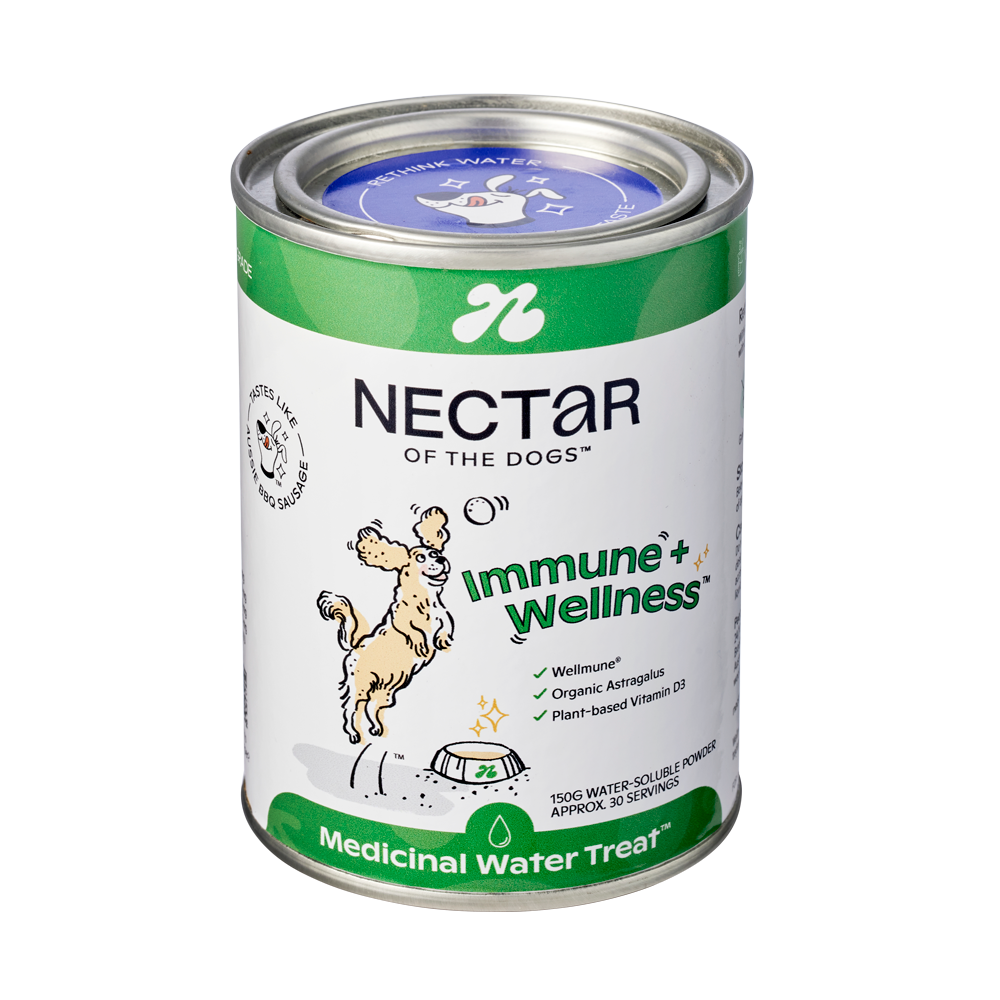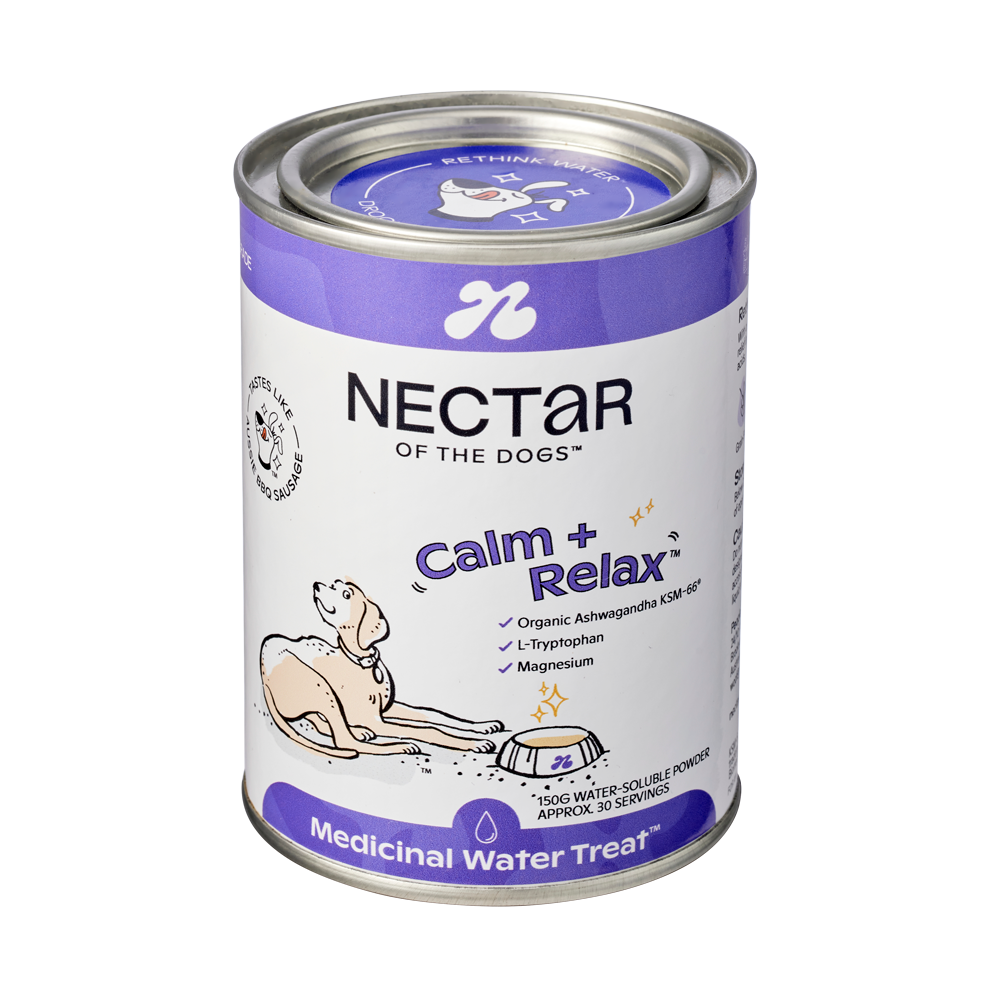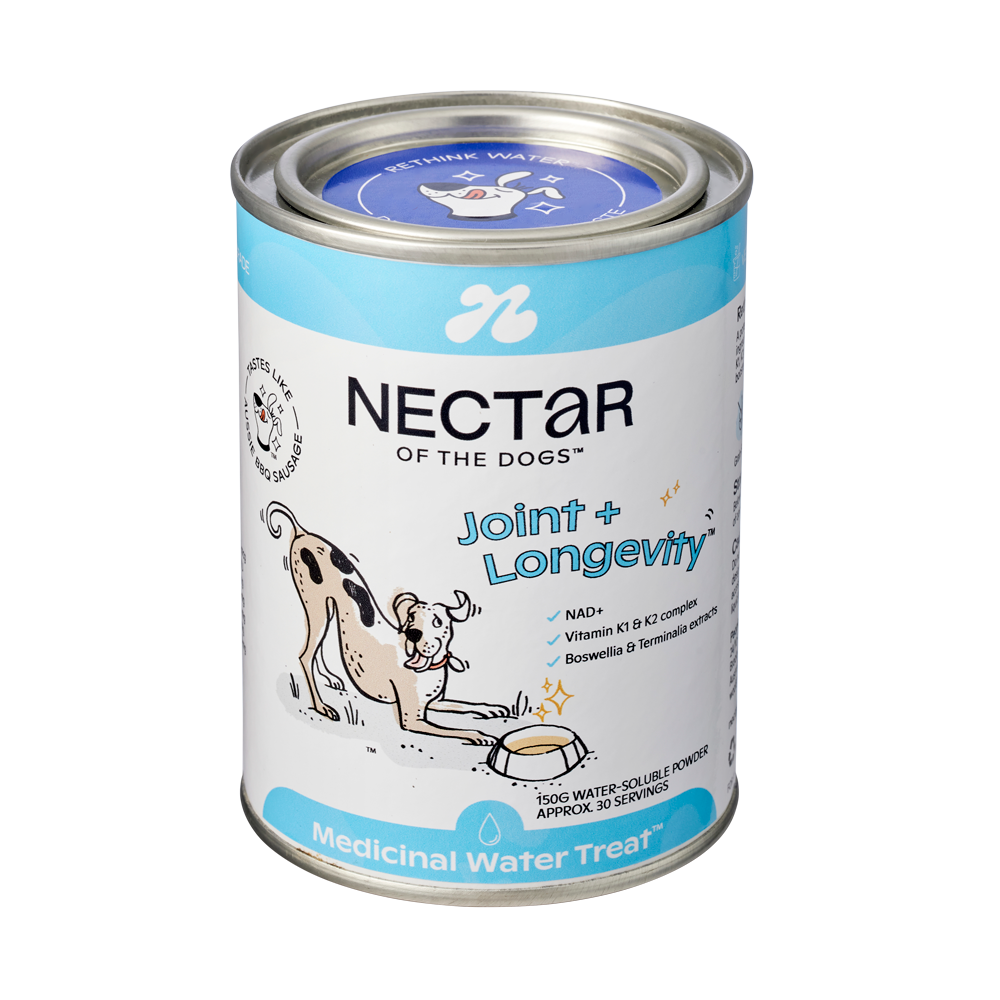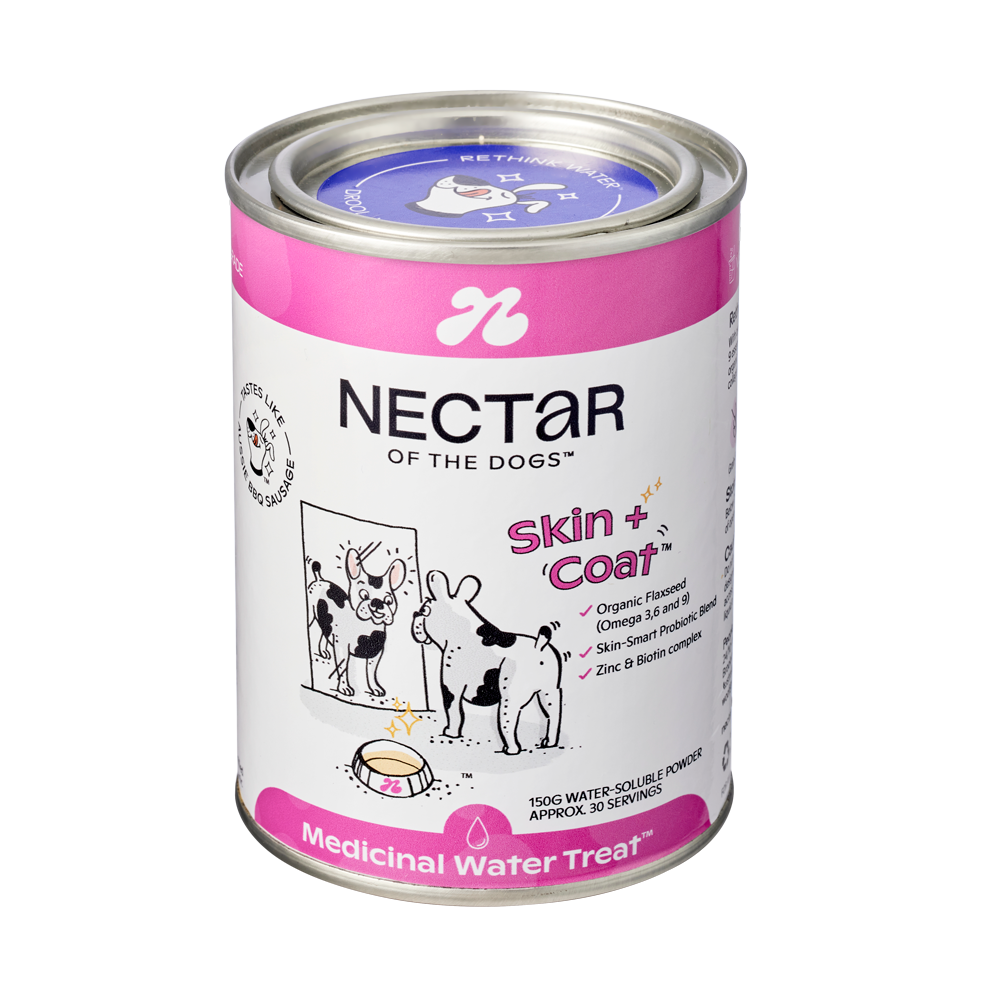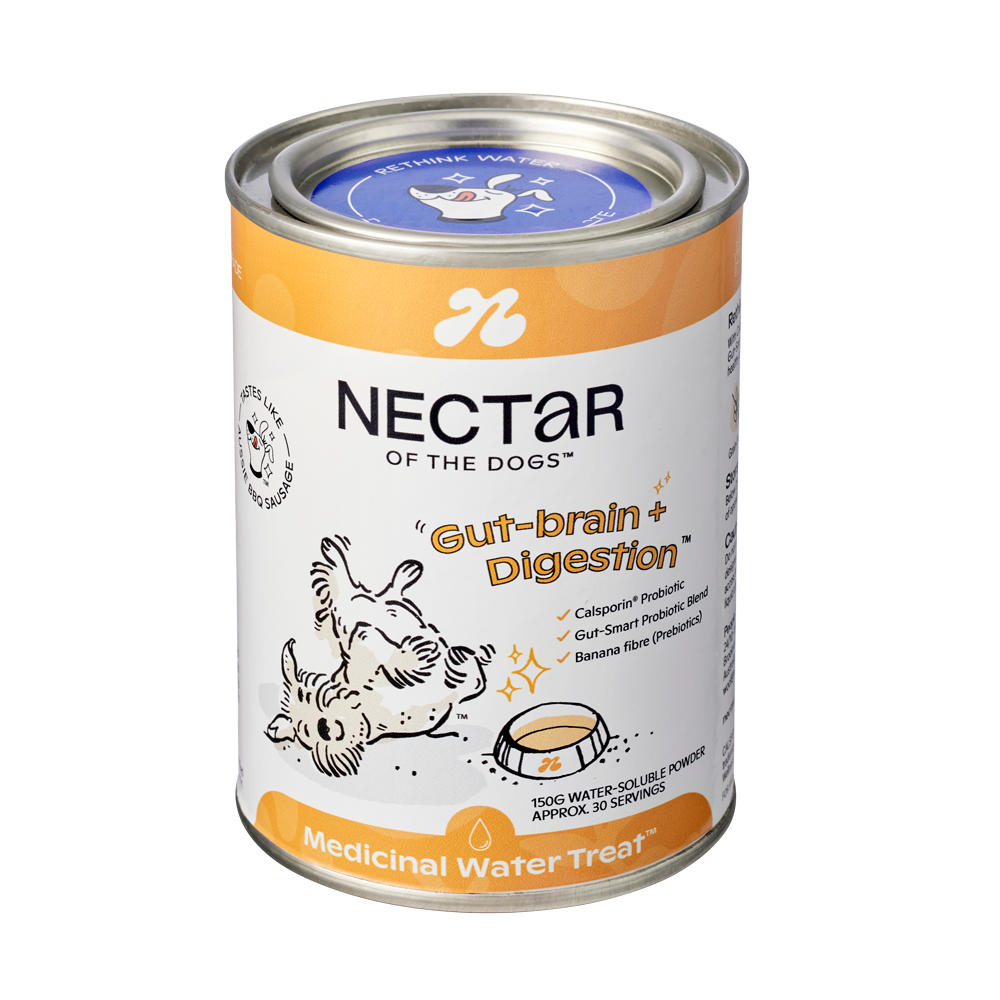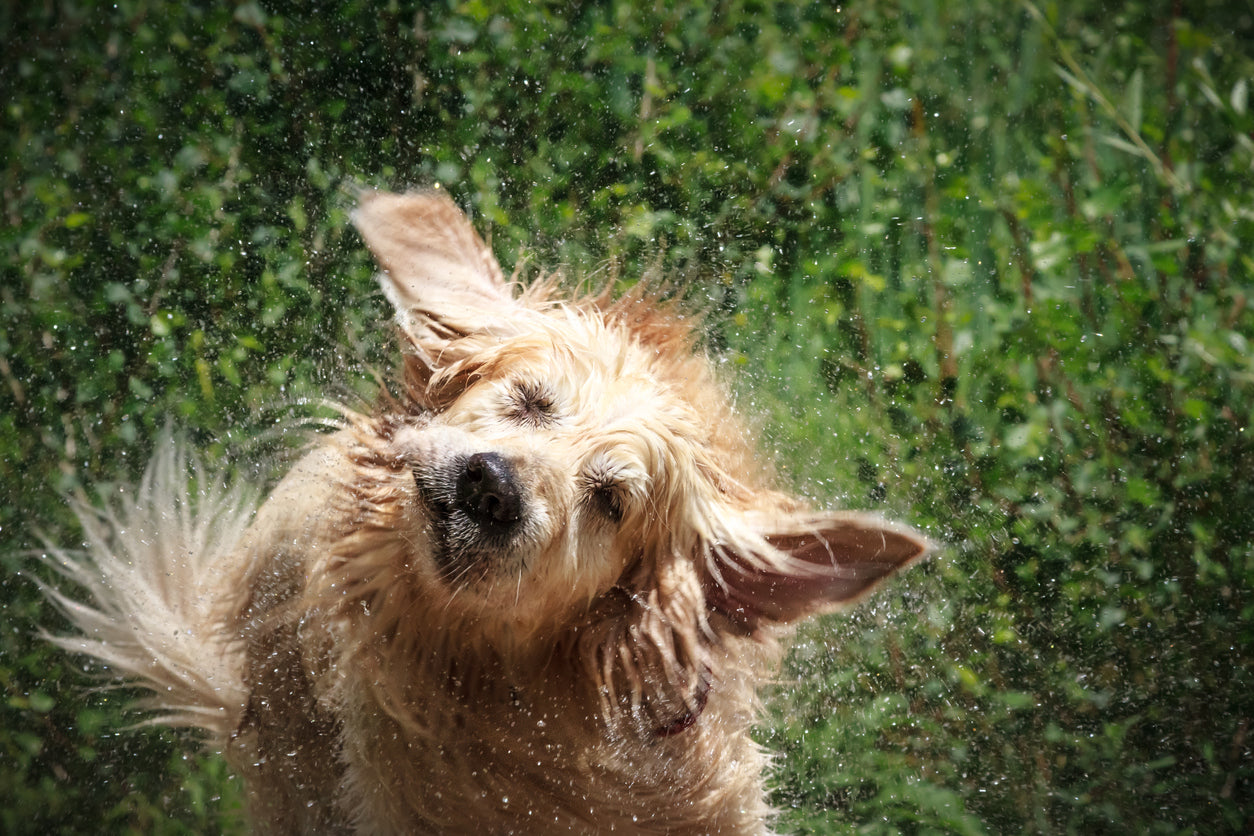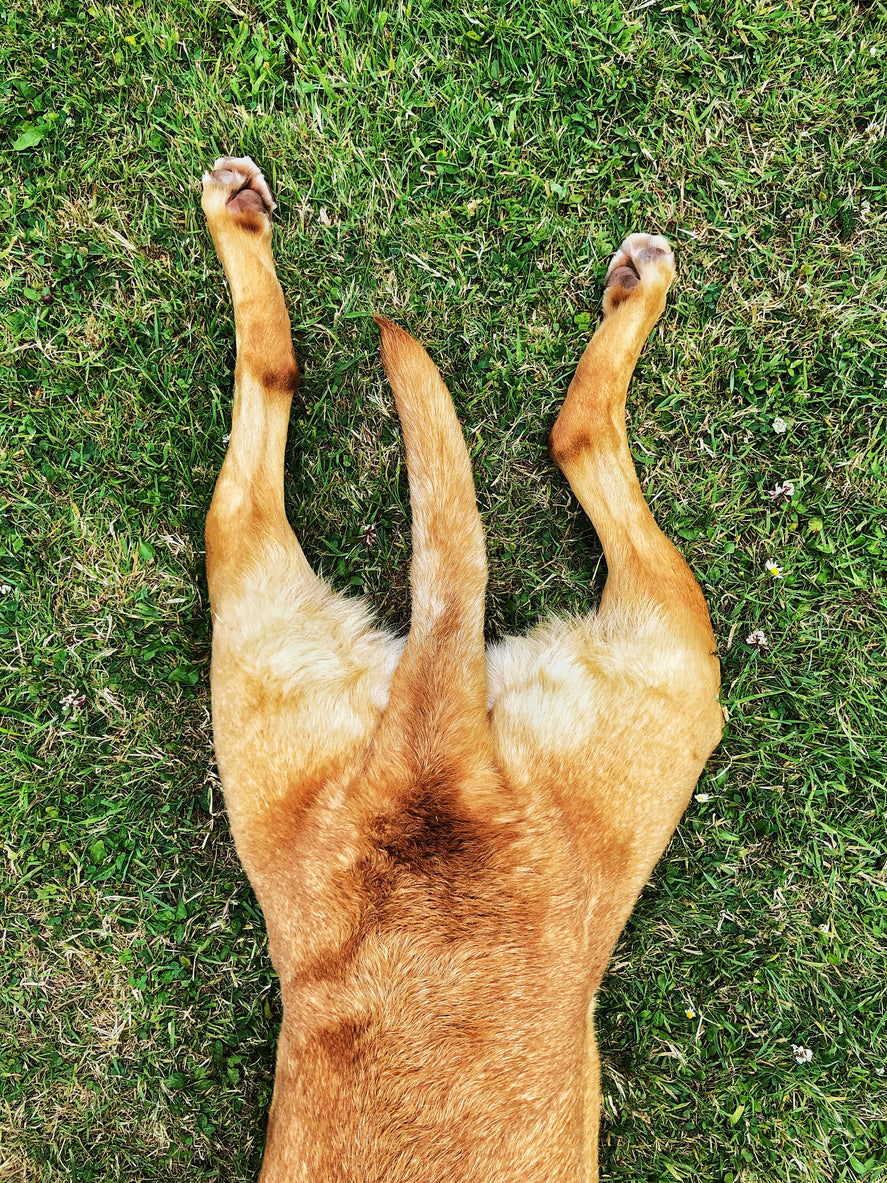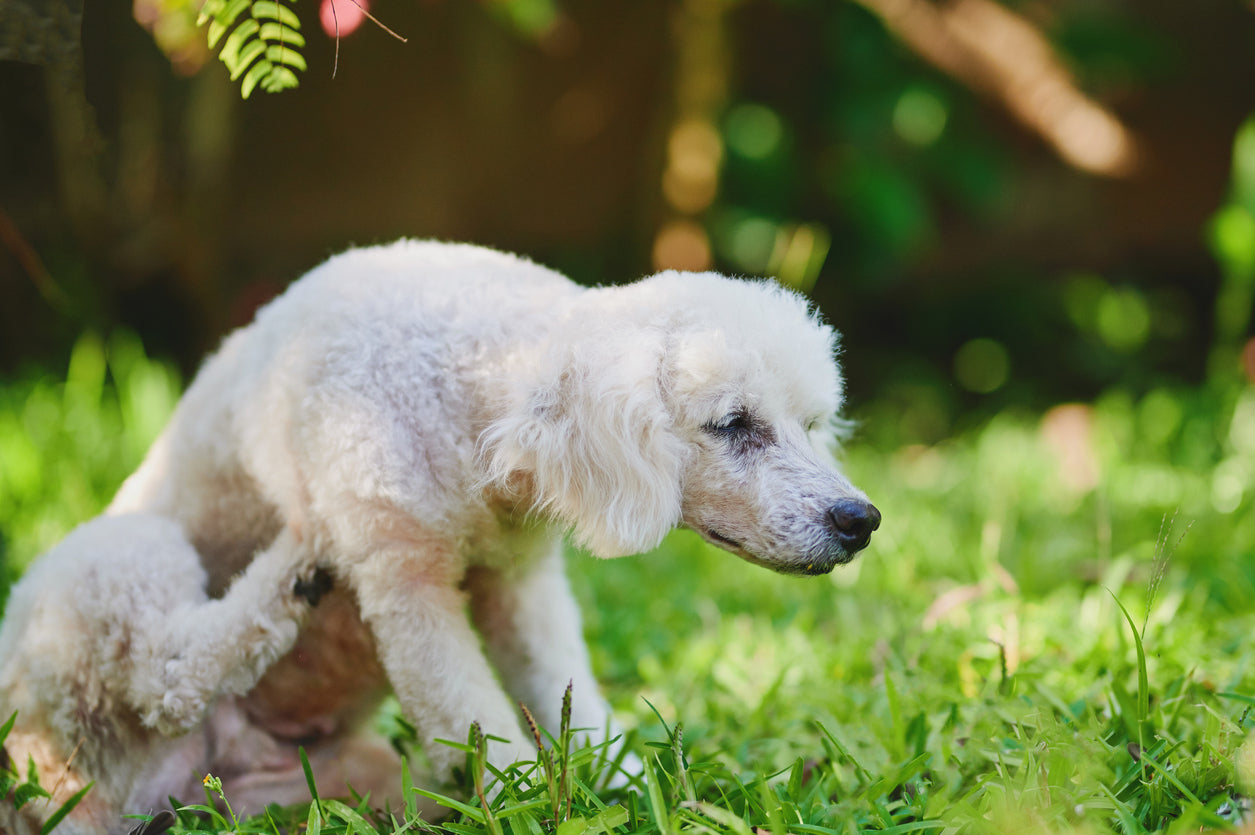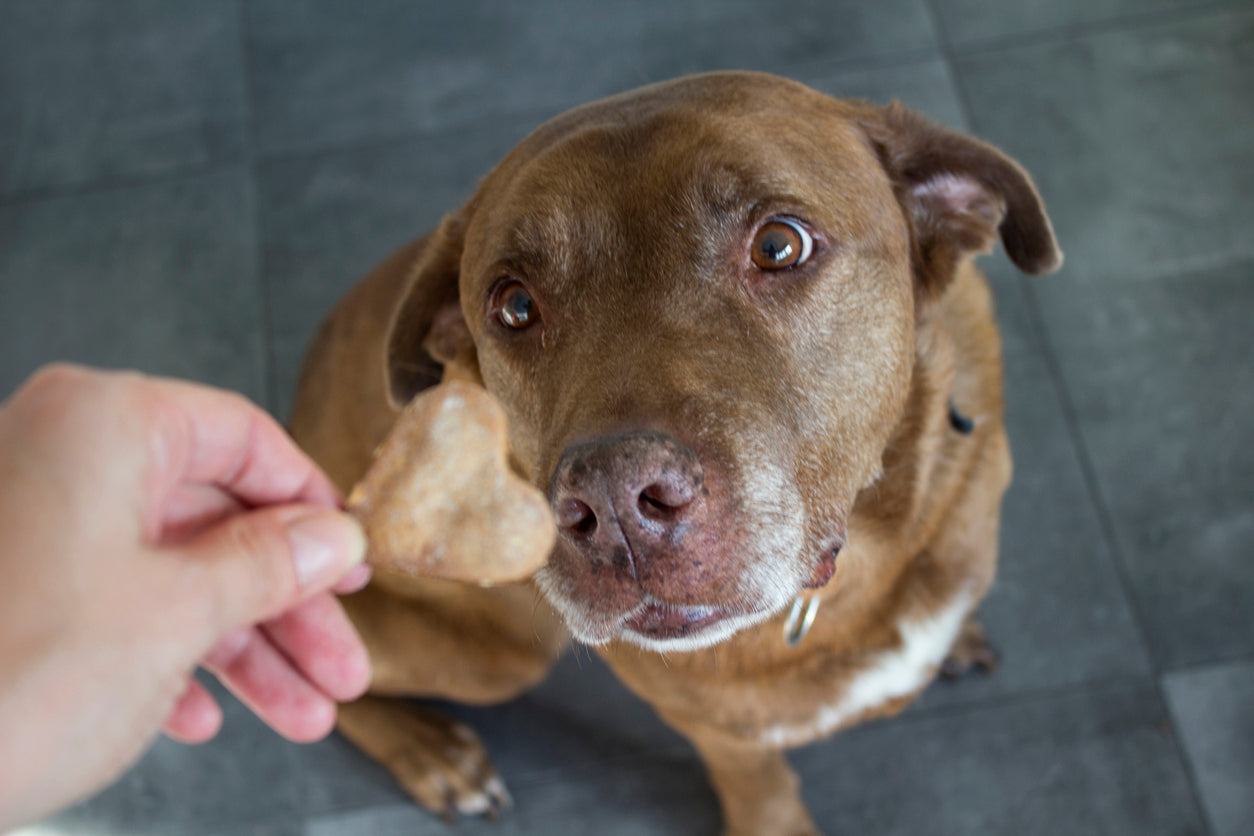Natural Ways to Manage Your Pup's Joint Issues
Is your dog out of sorts? Do you have a limping lab, a slow schnauzer or a reluctant rottweiler? Is your whippet not walking, your jack russell not jumping or your dachshund not digging? It could be that you need to help your pooch by offering better joint care.
Walking around on four legs puts a lot of pressure on joints, especially when you're leaping and running, chasing after balls, jumping on and off furniture, and generally having a doggy good time. As they get older and things start to wear out, joint health can be an issue for many dogs.
Signs of joint problems
There are a few obvious signs that your dog is suffering from pain or weakness and needs better joint care:
- Moving more slowly
- Trouble getting up
- Reluctance to climb stairs, jump into the car or hop onto the couch
- Sleeping more
- Less keen on walks
- Limping
- Muscle loss
- General stiffness
If your pooch is displaying any of these symptoms, it may be because of poor joint health. While you should make sure to visit your vet, there are things you can do for joint care at home without the need for prescription medication.

Risk factors for sore joints in dogs
Joint problems in dogs can be congenital/with them from birth) or developmental. Joint pain can also be due to degenerative factors, meaning that your dog is having issues with mobility due to age.
Other risk factors include size and weight. Large dog breeds tend to be more susceptible to joint issues as do any dogs that have gotten a little tubby. Certain breeds like Labradors, German Shepherds, Golden Retrievers and Rottweilers also have predispositions to particular issues. It is always good advice to read up on your dog’s breed and be aware if they are in a high-risk category.
Joint care for dogs
If your dog has developed joint problems or you want to make sure they don’t suffer too badly in the future, there are natural ways to improve joint health.

Photo by Erda Estremera on Unsplash
Weight loss
The first and probably the most important step for dog joint care is weight management. The heavier the dog is, the more pressure winds up on his or her joints. If your dog is heavier than the desired weight for the breed, there is a risk of joint issues.
There are lots of weight loss options for dogs, depending on the size and breed and how overweight they are. A well-balanced diet is the first step to keep your dog slim. Speak to your vet about the best portions and foods for better joint care and weight management.
Exercise
Being active helps dogs to gain strength and muscle mass.
Of course, high impact exercise like running and jumping will put pressure on the joints. Like with people, swimming is a low-pressure alternative for dogs that require joint care. Depending on your dog, you may need to ease them into the idea of a regular dip. In time, most dogs learn to love swimming... and the activity can help them to lose weight as they build strength.
Diet
Diet can also be a major contributor to joint health in dogs. A dog doesn’t need to be overweight to develop joint trouble as they may be missing key ingredients in their diet.
As your dog gets older, you may need to think about joint care supplements to help keep them healthy.
One very easy way to help support positive joint health is with Nectar of the Dogs’ Joint + Longevity formula. This vet-approved, plant-based supplement is specially designed to support healthy ageing and joint function in dogs. When shared as part of a balanced diet, it can help prevent and heal joint issues, while also being a delicious and easy to serve treat.

Keep your dog healthier and happier for longer with Nectar of the Dogs. Check out the range today.
